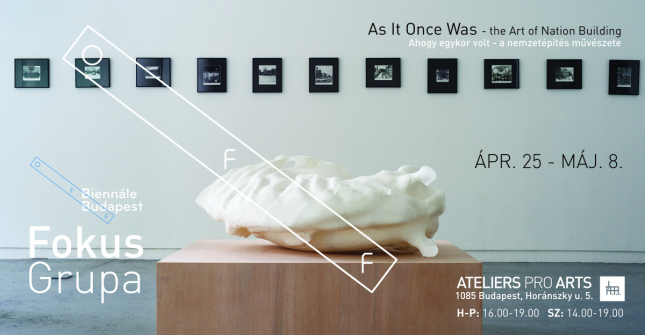Artistic duo Fokus Grupa provides us with an insight into the background of some of the most recognisable and disputed national monuments in Croatia, striping them of their mystical properties, perverting their intended purpose and alluding to and refuting their basic function.
The title itself, re-articulates a slogan used in a tourist campaign (one of the most designed product of today’s Croatian economy) emphasises the way a national identity is being repurposed and can be read as a meta-work itself.
The presentation addresses the issues of public sculptures – as physical representations or materializations of nationalist ideas – and the reasons why they are produced, pulled down, re-erected, demolished, or dealt with in some other way that reflects the changing political and social paradigms.
Commemorating important events or persons, monuments are most often set up in public space. Since they help construct history and create myth, the basic instrument in ideological indoctrination of masses, public sculptures, notwithstanding their often unquestionable stylistic superiority, cannot be viewed as apolitical.
The artistic duo Fokus Grupa provides an insight into the background of most recognizable and disputed public sculptures in Croatia, puts on view not only archival photos but also (partial) reconstructions (People Love Monuments), as well as sometimes strips a monument of its mystical perception by perverting its intended purpose and converts it into an applicable exhibit piece (P.H.S.H.S). The video (There Aren’t Words for What We Do or How We Feel So We Have To Make Them Up) adds further consideration on the appropriation of nature. This human construct is an often used tool of nationalist mythologies equating unspoilt nature with national prosperity. Through precise treatment of selected public sculptures and adequate gallery installations, the artists cynically allude to and refute the basic function of monuments, i.e. to help people identify with heroes, myths, religion, and nature.
Curatorated by Alenka Gregorič






 Weboldal készítés
Weboldal készítés